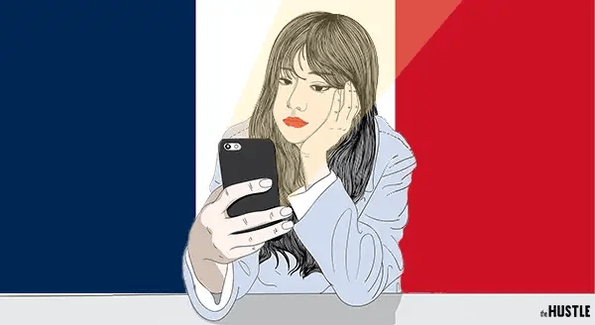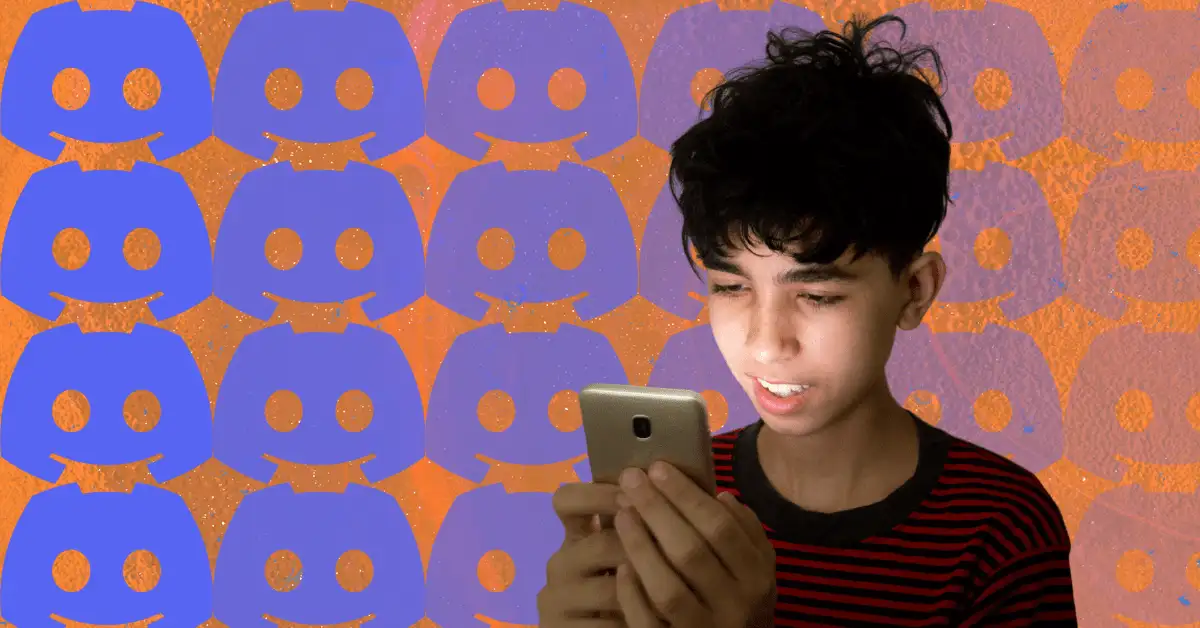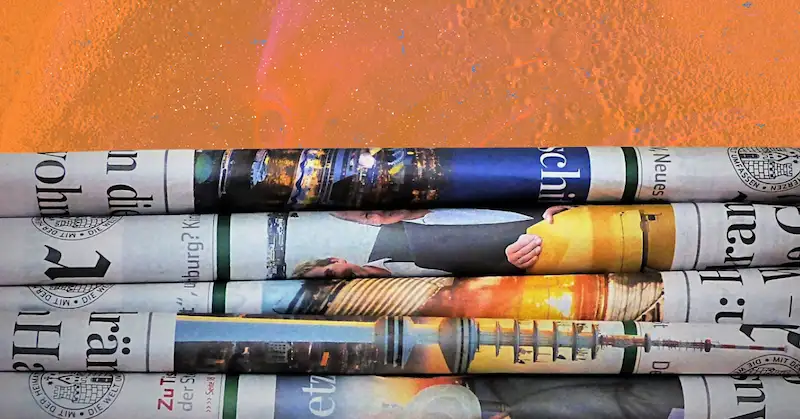France is cracking down on influencers, taking aim at everything from crypto scams to filters.

A proposed bill defines influencers as people who use their celebrity to promote goods, services, or causes in digital content in exchange for compensation, per The Washington Post.
Basically, anyone from Kim K. to that Instagram lifestyle influencer whose positive vibe is all thanks to this particular brand of essential oils.
If passed, it would:
- Require influencers disclose paid content.
- Ban paid promotion of cosmetic surgery and some financial products, including crypto.
- Require influencers to label photos and videos where their faces or bodies have been manipulated by filters or editing.
- Add banners to content promoting anything risky, such as gambling.
If passed…
… violators of France’s bill would face six months of jail and a $328k fine. That sounds intense, but the bill asserts that yes, influencing is a real job and should be held to the same standards as other media or advertisers.
But wait, why filters?
We’re not talking about puppy dog ears or… whatever is happening here. We’re talking about tools that promote unrealistic body types and beauty standards.
- Studies have found young social media users’ mental health and self-esteem is negatively impacted when they can’t look like influencers — who often achieve those looks via filters, photo editing, and cosmetic procedures.
- In 2019, The Guardian reported on “Snapchat dysmorphia,” a term coined by cosmetic doctor Tijion Esho to refer to people who want procedures to look like their filtered selfies.
Norway passed a similar photo-editing law in 2021, though experts worry such regulations don’t address the root cause of body image issues, draw more attention to manipulated photos, and encourage people to go to greater lengths (e.g., surgery, extreme diets) to achieve desired looks.










